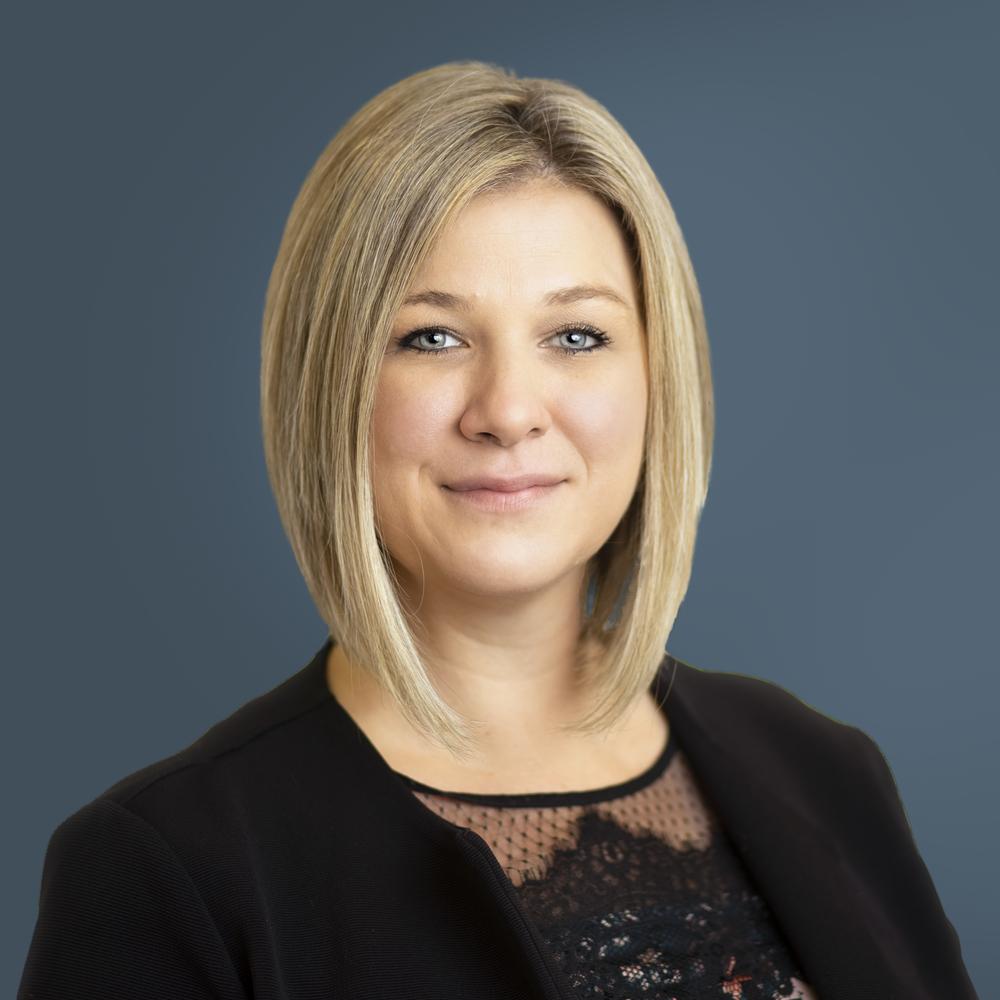Understanding the Role of Bonds in Retirement Portfolios
Planning for retirement is a complex process, and a critical aspect that many retirees overlook is the importance of mitigating sequence of returns risk. This concept is central to understanding how different investment types, like bonds, fit into a retirement portfolio.
The Balancing Act: Stability vs. Growth
Bonds are often included in retirement portfolios for their perceived safety and consistent income generation. However, they present a trade-off between stability and growth. Historically, since 1926, bonds have yielded returns that are approximately half those of stocks. While they offer a cushion against market volatility, heavily relying on them could limit the potential for substantial wealth accumulation, which is especially significant for retirees hoping to leave a considerable inheritance.
Understanding Sequence of Returns Risk
Sequence of returns risk is a key concept in retirement planning. It refers to the risk that comes from the order in which investment returns occur. For instance, negative returns early in retirement can significantly impact the longevity of a retiree’s savings, as there might not be enough time to recover these losses. This could result in reduced living standards, the necessity to return to work, or the risk of depleting retirement savings prematurely.
Diversification: A Blend of Bonds and Stocks
To mitigate sequence of returns risk, it’s crucial to diversify. This means balancing the safety of bonds with the growth potential of stocks. A well-diversified portfolio can help manage risk while providing opportunities for growth. Retirees should consider their risk tolerance, time horizon, and financial goals when deciding the right mix of stocks and bonds.
- Bonds: The Anchor in Volatile Times
In volatile market conditions, bonds can act as a stabilizing force in a portfolio. They tend to exhibit lower volatility compared to stocks, making them a safer bet during market downturns. This stability is particularly valuable for retirees who need to draw income from their investments.
- Stocks: Fueling Long-Term Growth
While stocks are more volatile, they have historically provided higher returns over the long term. Including stocks in a retirement portfolio can offer the potential for higher growth, which is important for keeping pace with inflation and ensuring that retirement savings last through the retirement years.
Bonds: A Source of Predictable Income?
One of the primary benefits of bonds is their ability to generate predictable income. This is particularly important for retirees, who often rely on their investments for regular income. The fixed interest payments from bonds can provide a steady stream of cash, which can be invaluable in covering living expenses.
Tailoring Bond Allocation to Individual Needs
The right mix of bonds in a retirement portfolio will vary for each individual. Factors such as risk tolerance, income requirements, and the desired legacy to leave behind all play a role in determining the optimal bond allocation. Working with a financial advisor can help retirees make informed decisions that align with their personal goals.
A Thoughtful Approach to Retirement Planning
While bonds are a crucial component of a retirement portfolio, it’s essential not to rely too heavily on them. Balancing the safety of bonds with the growth potential of stocks is key to managing sequence of returns risk. This strategic allocation can help retirees achieve a balance between stability and growth, ensuring that their retirement savings are not only preserved but also have the potential to grow.
Take the Next Step with Willamette Wealth Partners
At Willamette Wealth Partners, we understand the challenges and complexities of generating a predictable income from your resources in retirement. Navigating the intricate balance between stability and growth, especially in the context of sequence of returns risk, can be a daunting task when undertaken alone. That’s why our team of experienced financial advisors is dedicated to guiding you through every step of your retirement planning journey.
We believe that a personalized approach is key to successful retirement planning. Our experts are committed to understanding your unique financial situation, goals, and risk tolerance to develop a tailored strategy that aligns with your objectives. Whether you’re considering the right mix of bonds and stocks, seeking to optimize your income in retirement, or planning a lasting legacy, we’re here to provide the insight and support you need.
Don’t let the complexities of retirement planning overwhelm you. Schedule a call with us today, and let’s embark on the path to securing your financial future with confidence. At Willamette Wealth Partners, your retirement dreams are our commitment. Schedule a Call with Willamette Wealth Partners today to discuss the possibilities. Or call the office directly to reserve your consult: (541) 343-1420
Resources:
http://www.kiplinger.com/retirement/how-to-protect-your-retirement-from-sequence-of-returns-risk
https://www.forbes.com/advisor/retirement/sequence-of-returns-risk/




